Introduction
SEO is necessary for online marketing. Increasing a website's visibility in search results can be accomplished through SEO (search engine optimization). Search engine optimization (SEO) analyzes search engines for online marketing. Consumers need to be provided with information that is appropriate to their needs and of high quality to optimize a website for search engines. The process of searching for keywords, developing links, optimizing technically, optimizing content, and creating optimized material are all components of SEO. On-page search engine optimization is the most common approach to website ranking. On-page SEO includes elements such as keywords and page optimization. Effective keywords make the content and information of a website more noticeable. On-page SEO includes title tags, images, internal links, and more. Backlinking, online comments, and links to other websites that benefit the website are all examples of off-page SEO tactics. Backlinking alerts other website owners that their content can be found on Google. Fixing errors on the website, increasing page performance, removing duplicate content, and other optimization techniques are all part of technical SEO.
And in this article, we will look at the fundamentals of search engine optimization, why it is so important for your business, and how it can assist you in reaching the top of search engine results on pages. In addition, we will discuss how search engine optimization can assist you in achieving this goal.
The fundamentals of search engine optimization are presented below in the following:
- Find keywords
- Creating backlinks
- On-page optimization
- Minimize long URLs
- Quality content
Find keywords
Finding the appropriate keywords to use on your website is not only important but also the foundation of search engine optimization. This is the principal and fundamental idea behind growing and speeding up the traffic on your website. You may also perform an analysis of search phrases using this method, which will help you achieve success. and during this process of researching the keywords, you will discover the popular words that people are typing into a search engine to obtain the information or blog that they are looking for. This is significant because it reveals the kinds of things people are looking for when they use search engines like Google and Bing, therefore providing insight into the preferences of your target audience.
Creating backlinks
The technique of gaining links back to your website from other websites is known as backlinking. Backlinking refers to the process of building backlinks. Backlinks not only improve the search engine optimization of a website by sending a message to the search engine that the website is of high quality, but they also increase the amount of traffic that is directed to the website. Additionally, backlinks build a digital connection between a website and its visitors, which is an essential component of search engine optimization and one of its most fundamental requirements. As part of the process of improving your website's visibility by linking to other websites, you should link to reputable websites. Additionally, placing your website in directories that are relevant to it can help increase its ranking.
On-page optimization
Page optimization is the act of optimizing the content of a webpage on your website for both people and search engines. It is a multi-step process that includes optimizing the stage, graphics, and internal links. It also has a number of different techniques, and as we can see, Google is constantly evolving and getting better, and having scenarios like these on the page helps a great deal and drives your website to the top of the search engine results page. It's important for any business, no matter how big or small, to have an up-to-date website and for its content to appear on major search engines like Google and Bing. Additionally, the content is an essential component of the On-Page SEO that will prove beneficial to the growth of your company.
Minimize long URLs
Linking is useful for search engine optimization because links from other websites and links on your own website are both essential and play the best part in getting to the top of search engine results. Links operate like more links, bringing more customers. Using short links can be even more useful because it can boost your SEO, and modifying the format of your URLs can have an impact on how people consider your brand. If you want search engines to recognize your age and provide you with a more user-friendly interface, you should keep it brief while still providing relevant information. in addition to making use of the keywords in the link. Therefore, keeping links brief can be useful and also save time for both you and the consumers you serve.
Quality content
In order to understand the fundamentals of search engine optimization (SEO), all you need to do is write high-quality material that is of a good standard. as well as the production of valuable and informative material that is useful to the customer and engaging to them; all of that includes the target keywords. The content on the internet must be original and written in clear and straightforward language. and make sure you have a solid understanding of the audience you are targeting before writing any content. and the quality of the content is a matter of opinion, and brainstorming new ideas for your website and writing content on those ideas can be very helpful. Additionally, putting an emphasis on creating content that is friendly to search engines will be very helpful, and planning your strategy will help you in many different ways. Finally, ensure that the vocabulary is clear, interesting, and effortless to grasp.
Conclusion
In conclusion, we have discussed and gained an understanding of the fundamental concepts of search engines, which will enable you to attract a larger audience and more traffic to your website. In addition, we have discussed the significance of discovering the most effective keywords, writing high-quality content, and creating backlinks, which are the primary things that catch the attention of website visitors. Finally, we have discussed the importance of applying the fundamentals of search engine optimization to your website in order to turn it into a successful online business.
"Do you have any questions?" We have answers. Contact us immediately, and let's work together to get the solutions you require!"






.webp)
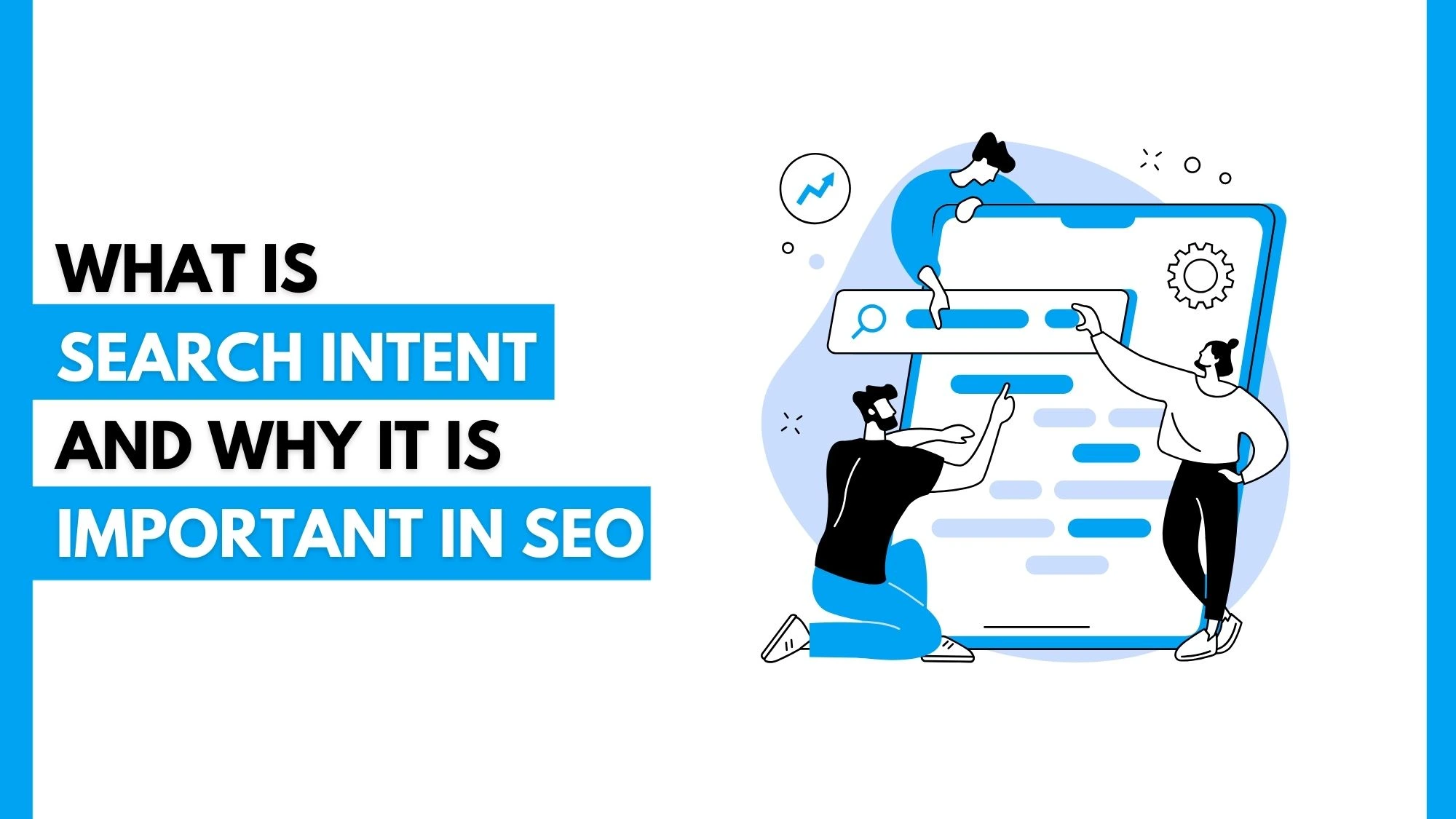



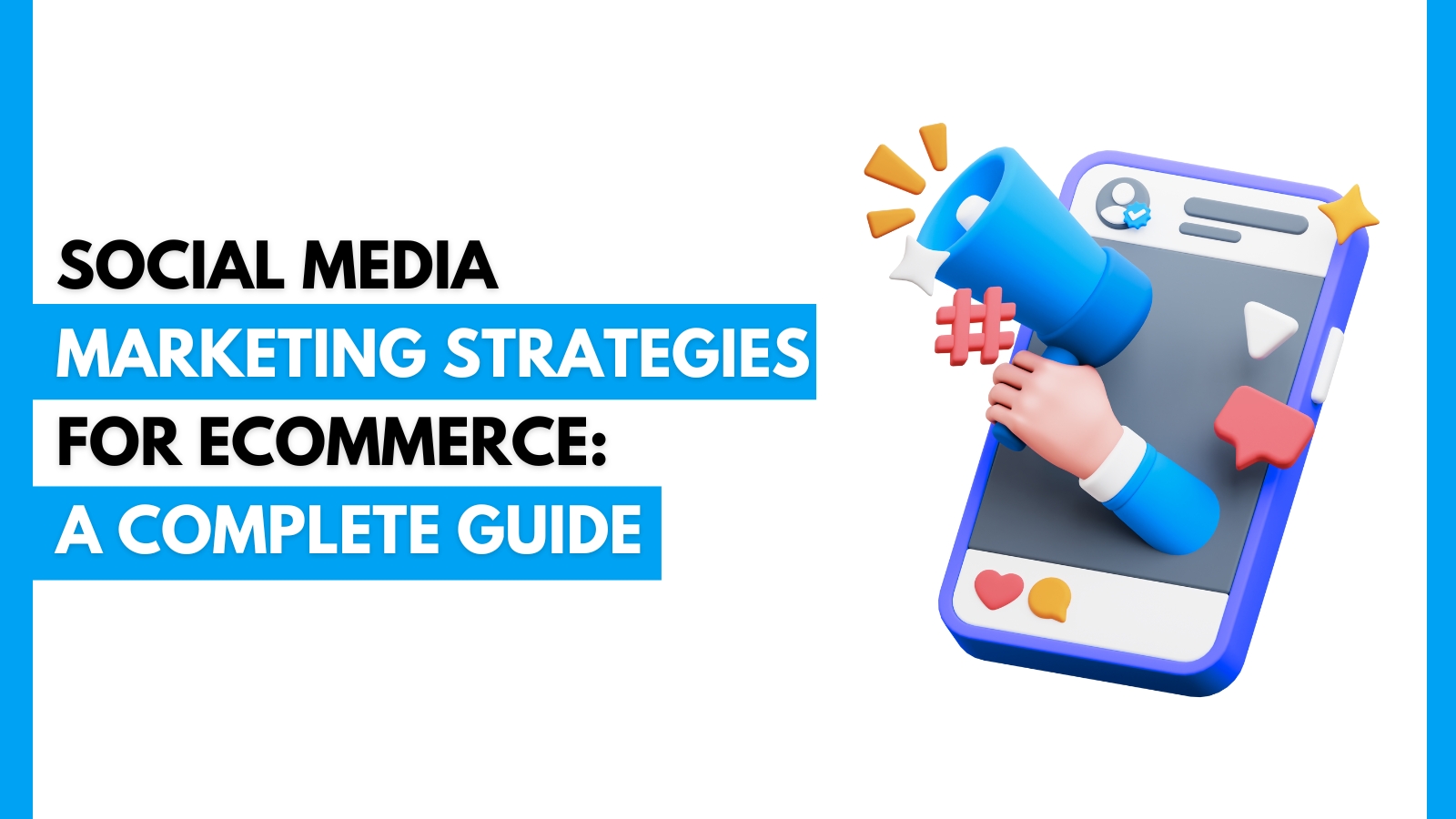

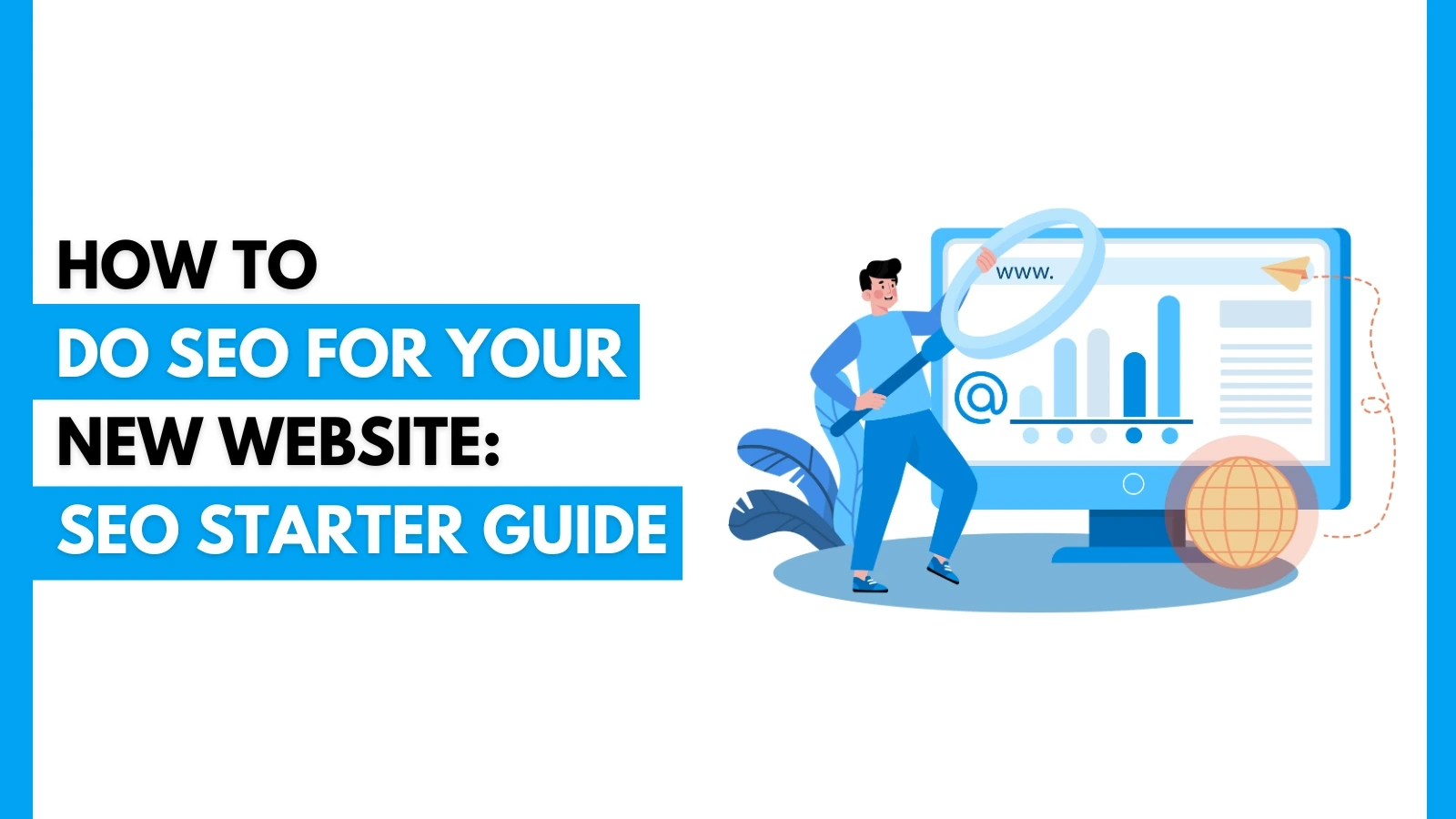
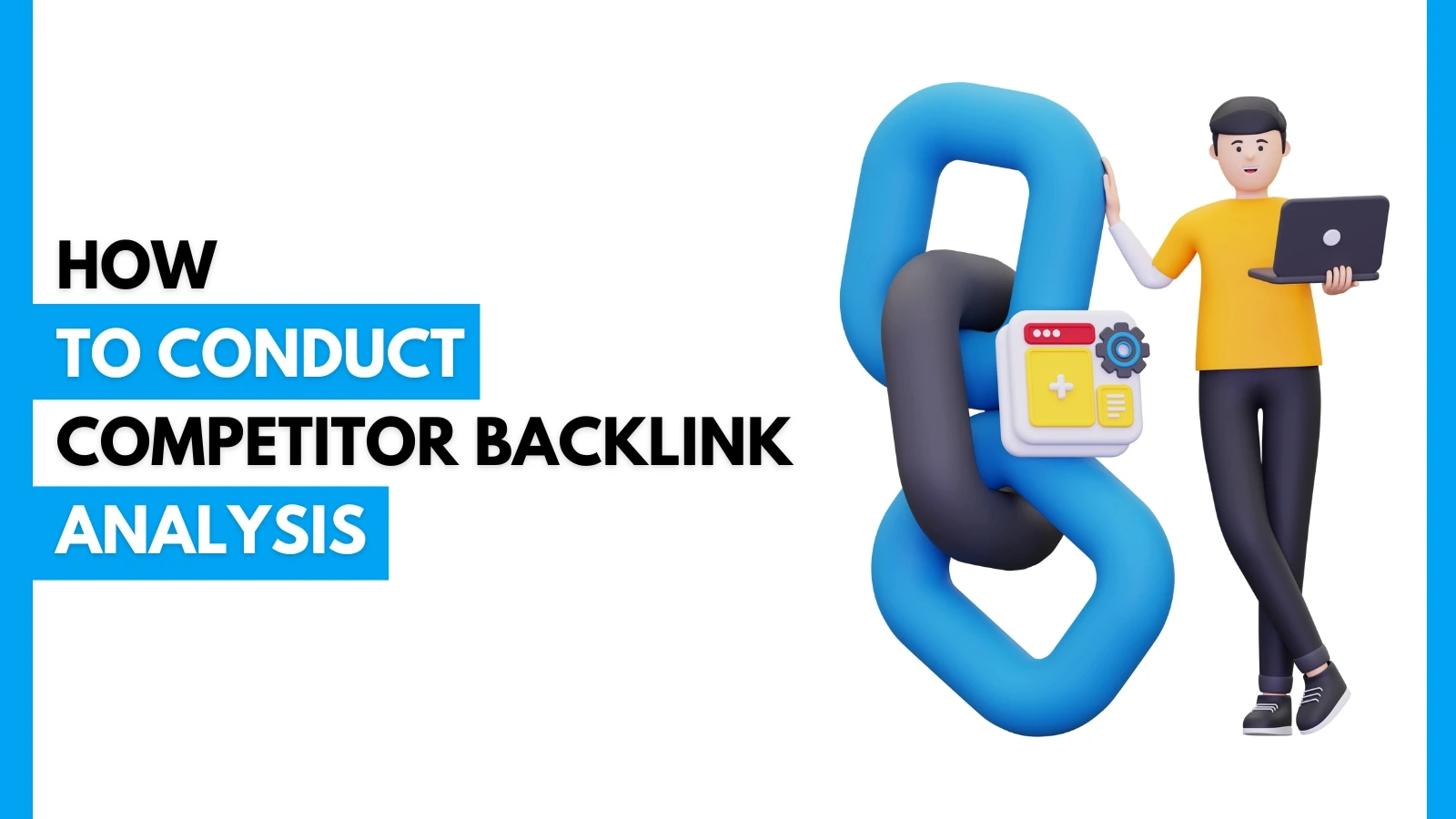

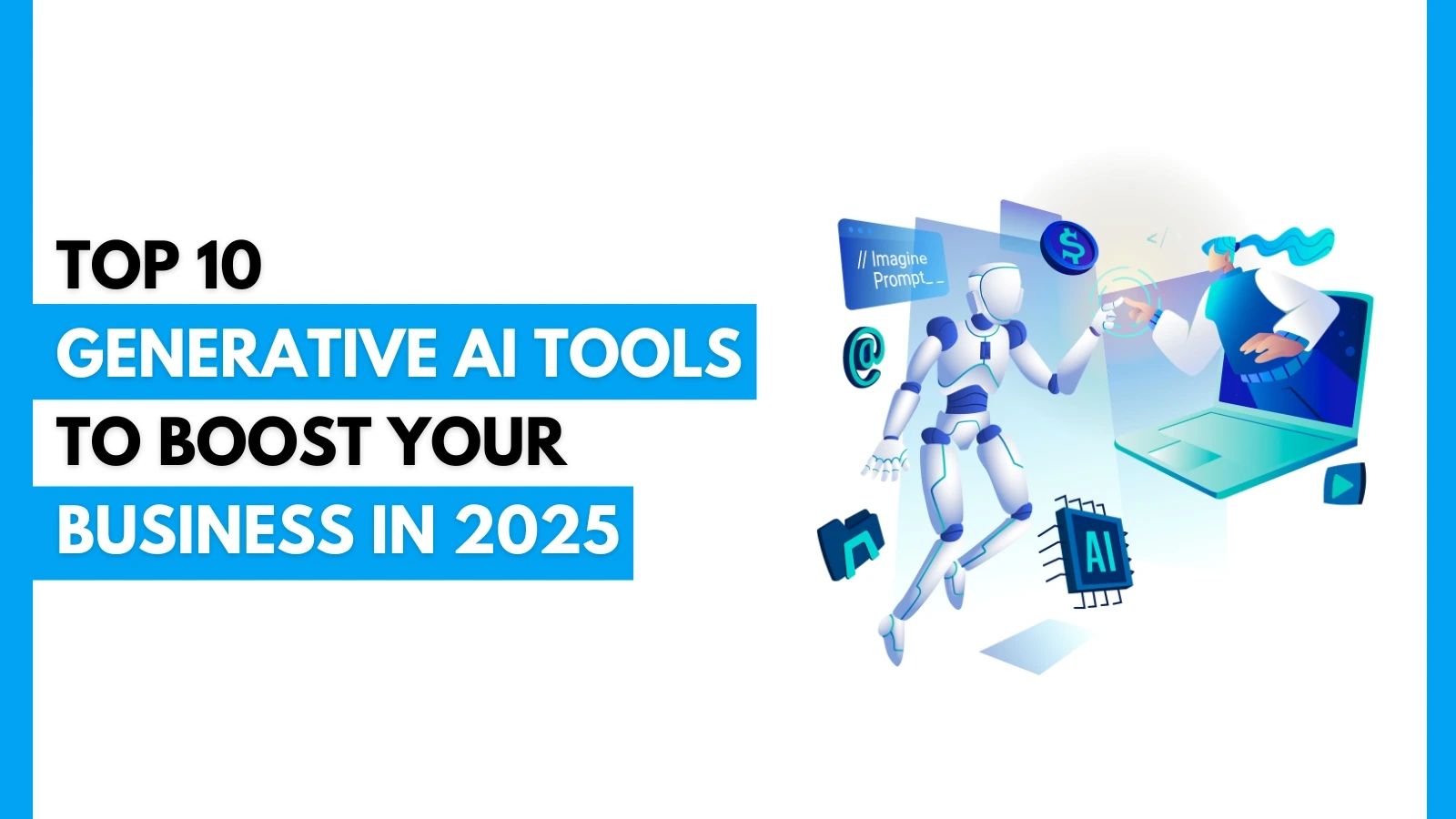



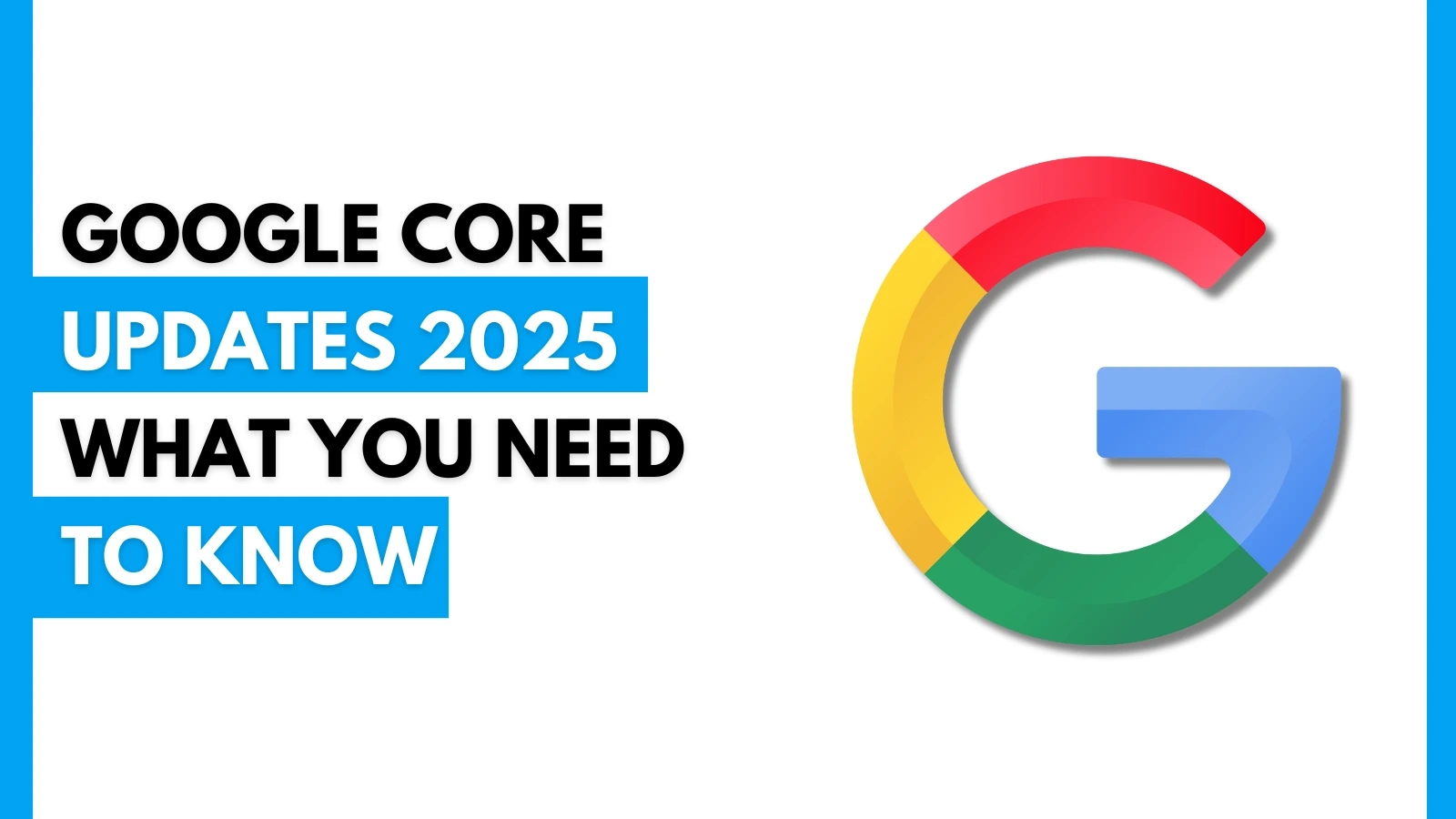





.webp)






















 A Complete Guide.webp)











































.jpg)










 Efficiently.jpg)
.jpg)
























.jpg)
.jpg)
























.jpg)


















.jpg)
.jpg)



























.webp)





.jpg)


















 Campaign.jpg)




.jpg)

.jpg)

.png)



.jpg)



.jpg)
.jpg)
.jpg)



.jpg)








.png)
.jpg)




.jpg)

.jpg)
.jpg)


.jpg)


.jpg)



.jpg)





















.jpg)














.png)





















.jpg)






.png)

.png)



.png)

.png)
.png)



.png)
.png)
.png)
.png)
.png)

.png)
.png)
.png)
.png)
.png)
.png)
.png)
.png)
.png)
.png)
.png)

.png)
.png)
.png)
.png)
.png)
.png)
.png)
.png)
.png)



.png)
.png)
.png)

.png)
.png)
.png)
.png)
.png)
.png)
.png)
.png)
.png)
.png)
.png)
.png)
.png)
.png)
.png)
.png)
.png)
.png)
.png)
.png)
.png)
.png)
.png)
.png)
.png)
.png)
.png)
.png)
.png)
.png)
.png)


.png)
.png)

.png)
.png)
.png)
.png)
.png)
.png)
.png)
.png)
.png)
.png)
.png)
.png)
.png)
.png)
.png)
.png)
.png)
.png)
.png)
.png)

.png)
.png)
.png)

.png)
.png)
.png)
 (1).png)
.png)
.png)
.png)
.png)
.png)
.png)
.png)
.png)

.png)

.png)
.png)
.png)
.png)
.png)
.png)
.png)

.png)
.png)
.png)
.png)
.png)
.png)
.png)
.png)
.png)
.png)
.png)
.png)
.png)
.png)
.png)
.png)


.png)
.png)
.png)
.png)
.png)
.png)
.png)

.png)
.png)
.png)
.png)
.png)
.png)
.png)
.png)
.png)

.png)
.png)

.png)
.png)
.png)

.png)
.png)
.png)

.png)
.png)
.png)
.png)
.png)
.png)
.png)
.png)
.png)
.png)
.png)
.png)
.png)
.png)
.png)
.png)
.png)
.png)
.png)